10 Stereotypes About Anime Fans That Are Totally Off the Mark!

Anime fans, often referred to as "otaku", are a diverse group with a shared interest in Japanese animation and comics. However, they are sometimes subjected to stereotyping and misconceptions from those outside the fandom.
Common assumptions tend to portray anime enthusiasts as socially awkward, obsessed "nerds" with poor hygiene and limited interests beyond their niche hobby. But much like any other fan community, the reality encompasses a broad spectrum of personalities and lifestyles.
This article aims to shed light on some of the prevalent stereotypes attributed to anime fans and demonstrate why they do not accurately represent the whole community.
Definition of anime fans
Anime fans, or "otaku", are people with an intense interest in anime - Japanese animated media featuring hand-drawn or computer animation. Their fandom centers around anime TV series, movies, manga (Japanese comics), video games and anime collectibles.
Self-identified anime fans come from diverse age groups, genders, nationalities and walks of life. They connect through online communities and anime conventions to discuss and celebrate their passion.
General overview of the stereotypes about anime fans
Some common assumptions paint anime enthusiasts as socially awkward, unhygienic individuals obsessed with Japanese media to an unhealthy degree. They are seen as nerds detached from reality who struggle with social interactions.
While these stereotypes may apply to small subsets, they fail to capture the full diversity within anime fandom. The reality is often far more nuanced.
Stereotype #1: Socially Awkward Introverts
Explanation of the stereotype
There is a popular image of anime fans as nerdy loners lacking in social skills. They are depicted as introverts who struggle with face-to-face conversations and relationships.
Discussion of why it's not an accurate representation of all anime fans
While some enthusiasts identify as introverts, many others make close friends and find partners through their fandom. They actively participate in vibrant online communities and attend conventions to connect over shared interests.
In reality, anime fans demonstrate varying levels of social aptitude just like any other group. Painting them all as awkward loners overlooks the outgoing extroverts and those with active social lives beyond anime.
Stereotype #2: Watching Kids' Shows
Explanation of the assumption
A common misconception is that all anime content targets children or features overly simplistic storylines. As a result, adult fans are seen as immature for enjoying "cartoons".
Examples of diverse genres within anime that cater to different age groups
However, anime includes a vast range of genres catering to different demographics. While some series and films do target younger viewers, many explore mature themes and contain explicit content intended solely for adult audiences.
The medium encompasses complex drama, horrors, psychological thrillers, violent action titles and adult-oriented content. Reducing all anime to "kids' shows" overlooks the incredible diversity of subjects and artistic styles represented.
Stereotype #3: Unhealthy Obsession
Explanation of the stereotype
Fans are often portrayed as obsessive geeks with an unhealthy preoccupation with Japanese media. Their interest in anime is seen as strange and disconnected from reality.
Discussion on the variety of interests and hobbies among anime fans
In truth, most enthusiasts watch anime as just one hobby among many others. While they are dedicated fans, the vast majority still pursue balanced lifestyles with anime as an enjoyable pastime.
Their enthusiasm is no different than sports fans memorizing player stats or movie buffs dissecting favorite films. Depicting their passion as strange obsession overlooks how anime provides inspiration, life lessons and creativity just like other media.
Stereotype #4: Limited Social Skills
Explanation of the assumption
Another stereotype assumes anime fans have limited social skills and struggle to hold conversations without referencing anime. They are seen as nerds obsessed with niche interests.
Examples of anime fan communities and social interactions
In reality, enthusiasts connect over much more than just anime. Conventions and online groups see meaningful friendships, relationships and lively discussions on all aspects of life.
While anime may offer a useful icebreaker, fans bond deeply over shared values, creativity and vulnerability. Reducing their conversations to anime references overlooks the human connections and companionship built within fandom spaces.
Stereotype #5: Poor Hygiene
Explanation of the stereotype
Unflattering stereotypes suggest anime fans demonstrate poor self-care and hygiene. Conventions supposedly attract unkempt misfits oblivious to grooming and fashion.
Discussion on the diverse lifestyles and personal hygiene habits of anime fans
Like any hobbyist group, enthusiasts come from all walks of life with varying incomes and priorities regarding self-care. While some fans may overlook hygiene as they embrace counter-culture interests, they represent only a tiny subset.
In reality, the anime community demonstrates the full spectrum - from fashionistas to casual dressers, neat freaks to messy creatives, glam convention-goers to laidback lounge wear. Reducing this diversity to a blanket stereotype wrongly maligns countless considerate, well-groomed fans.
Stereotype #6: Overexcitement about Anime
Explanation of the assumption
Some stereotypes suggest anime fans become overexcited when discussing anime, making exaggerated expressions and hand gestures. Their enthusiasm is seen as strange and over-the-top.
Discussion on the passion and enthusiasm within the anime fan community
In reality, outward displays of excitement provide a healthy outlet for fans to embrace their passion. Such mannerisms offer a fun way to communicate joy and find common ground with others.
Rather than awkwardness, loud voices and energetic gestures often demonstrate confidence, extroversion and strong emotions. Dismissing these behaviors overlooks the vibrancy within fan spaces and fails to appreciate shared joy as a core human need.
Stereotype #7: No Life Outside Anime
Explanation of the stereotype
A common assumption is that anime fans lack other hobbies or interests besides Japanese media. They are seen as one-dimensional nerds defined entirely by their niche obsession. As a matter of fact, many people from outside the anime fandom mainly thinks anime fans only watch anime, read manga, and eat ramen, sushi, or other iconic Japanese foods.
Examples of diverse activities and interests of anime fans
While enthusiasts certainly celebrate their love for anime, most have varied passions beyond this one interest. Many pour dedication into creative arts, gaming, sports, academics, career aspirations and social causes.
Well-rounded fans integrate anime into rich, multifaceted lifestyles as source of entertainment, inspiration and community. Assuming their lives revolve solely around anime overlooks their dedication to personal growth and diverse contributions to society.
Conclusion
In summary, prevalent stereotypes tend to depict anime fans as socially awkward loners with poor hygiene and limited interests beyond their niche hobby. They are seen as obsessive nerds detached from reality.
However, these assumptions fail to capture the true diversity within anime fandom. While some enthusiasts match certain stereotypes, they represent only a tiny subset rather than the whole community.
Rather than dismissiveness, anime fans deserve recognition as a creative, passionate community embracing an art form that inspires joy worldwide. As with any hobbyist group, open-mindedness is key to appreciating their humanity beyond reductive stereotypes.
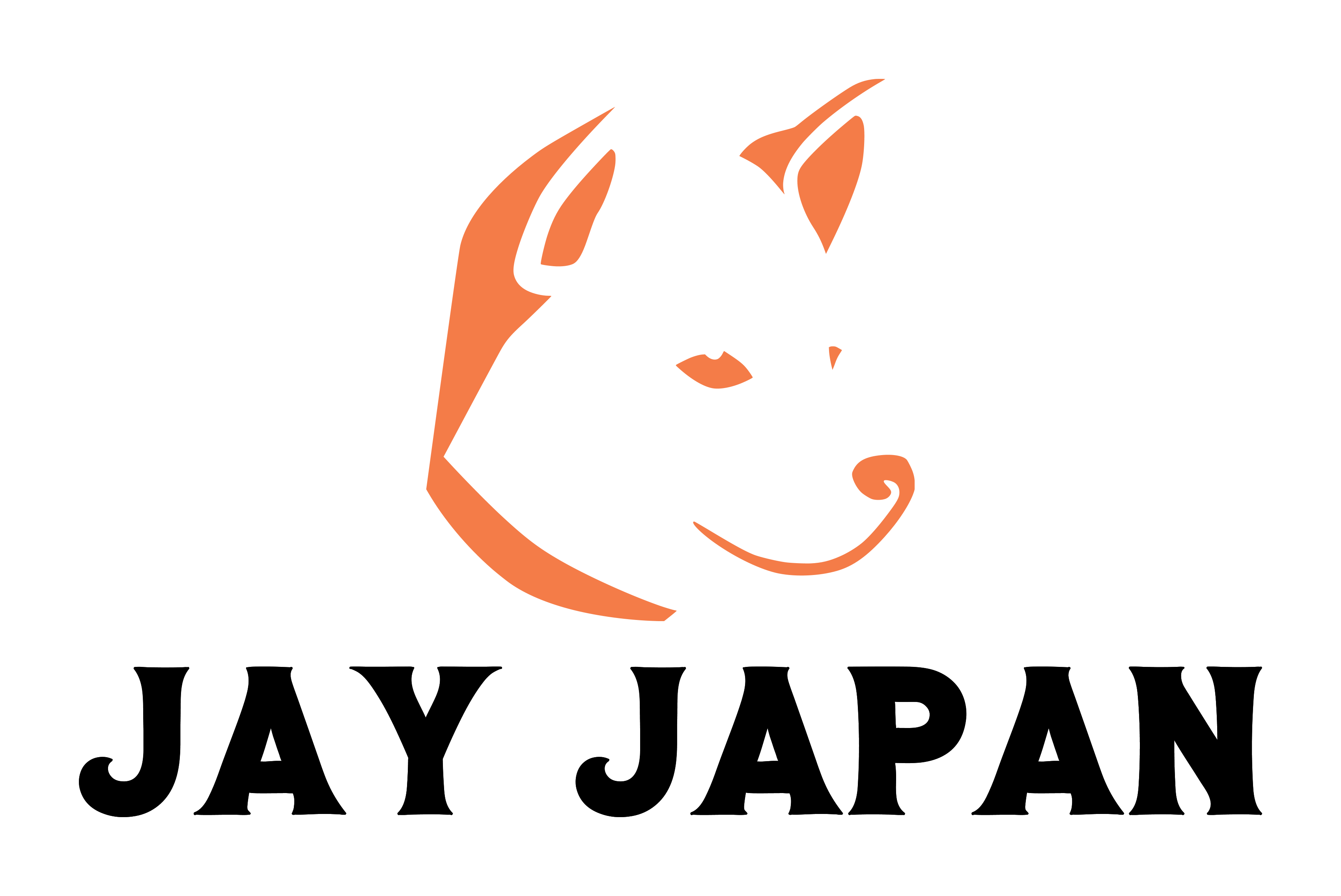












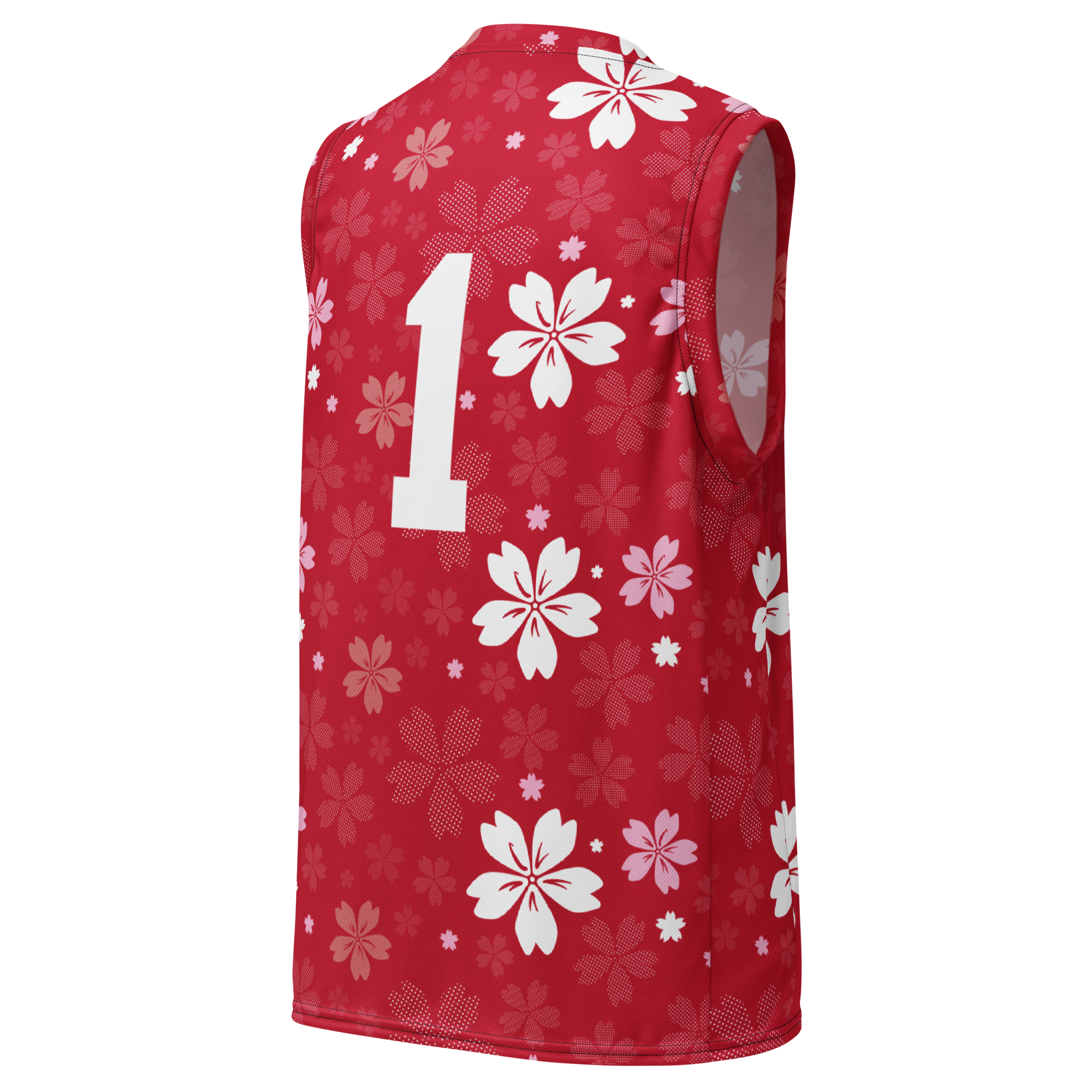
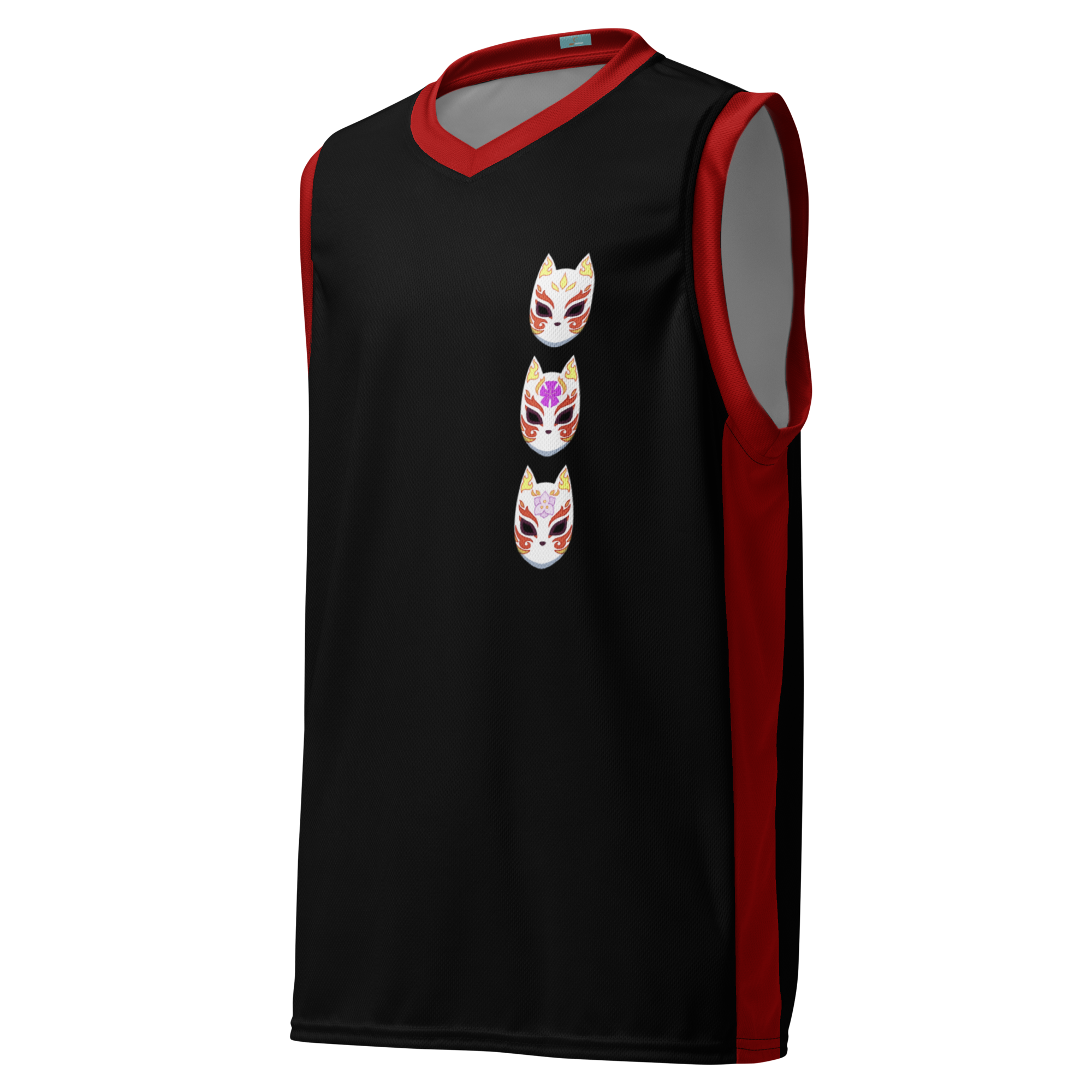

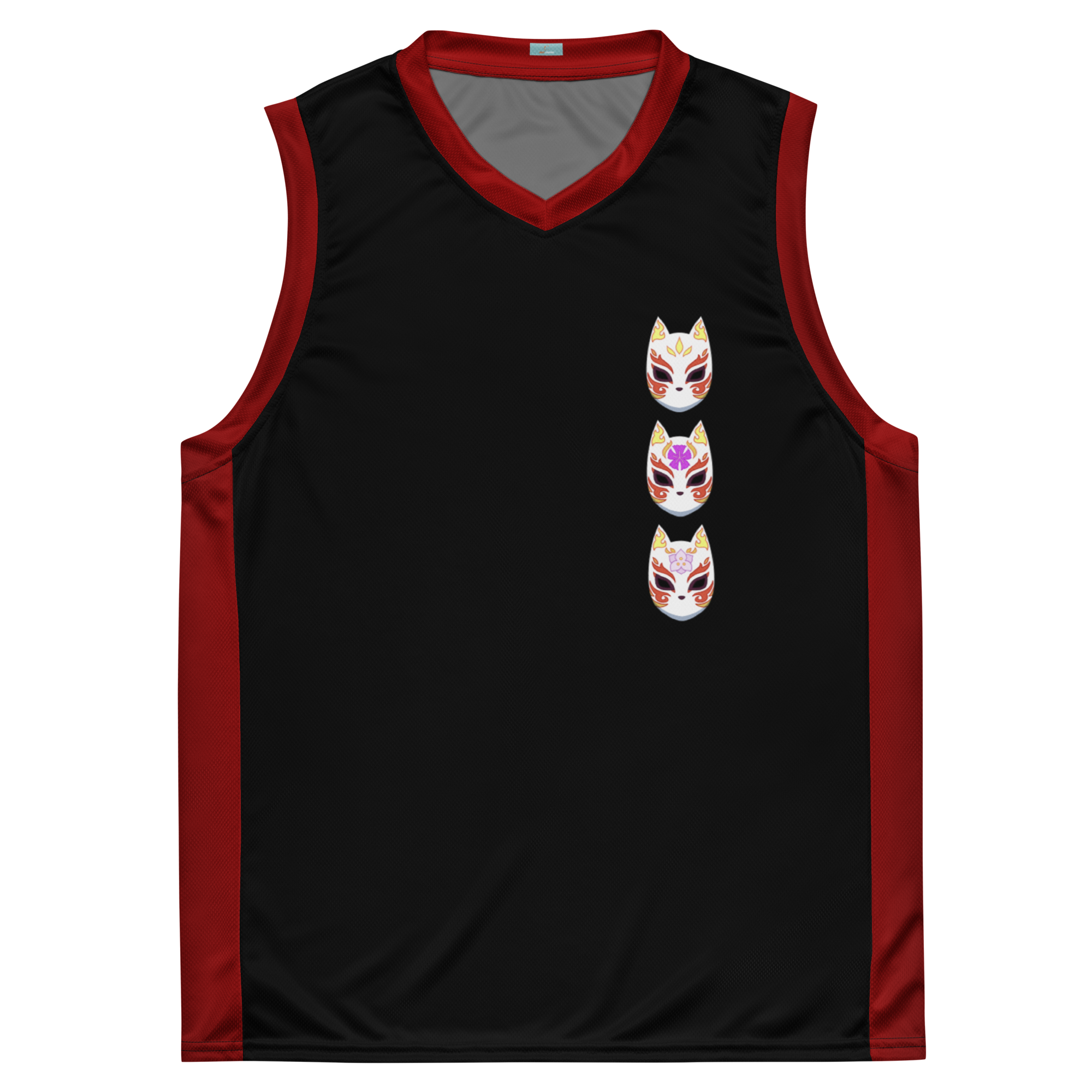

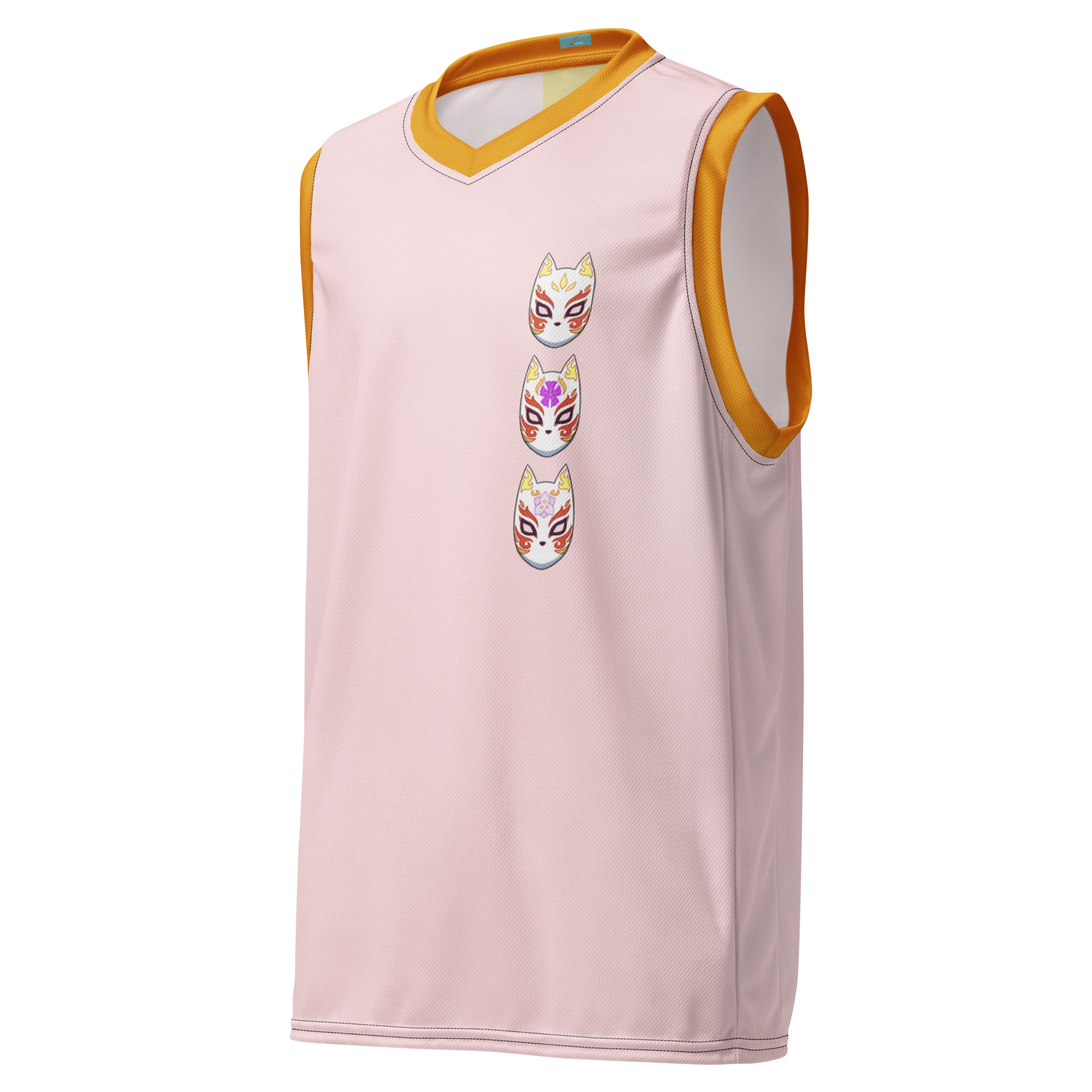

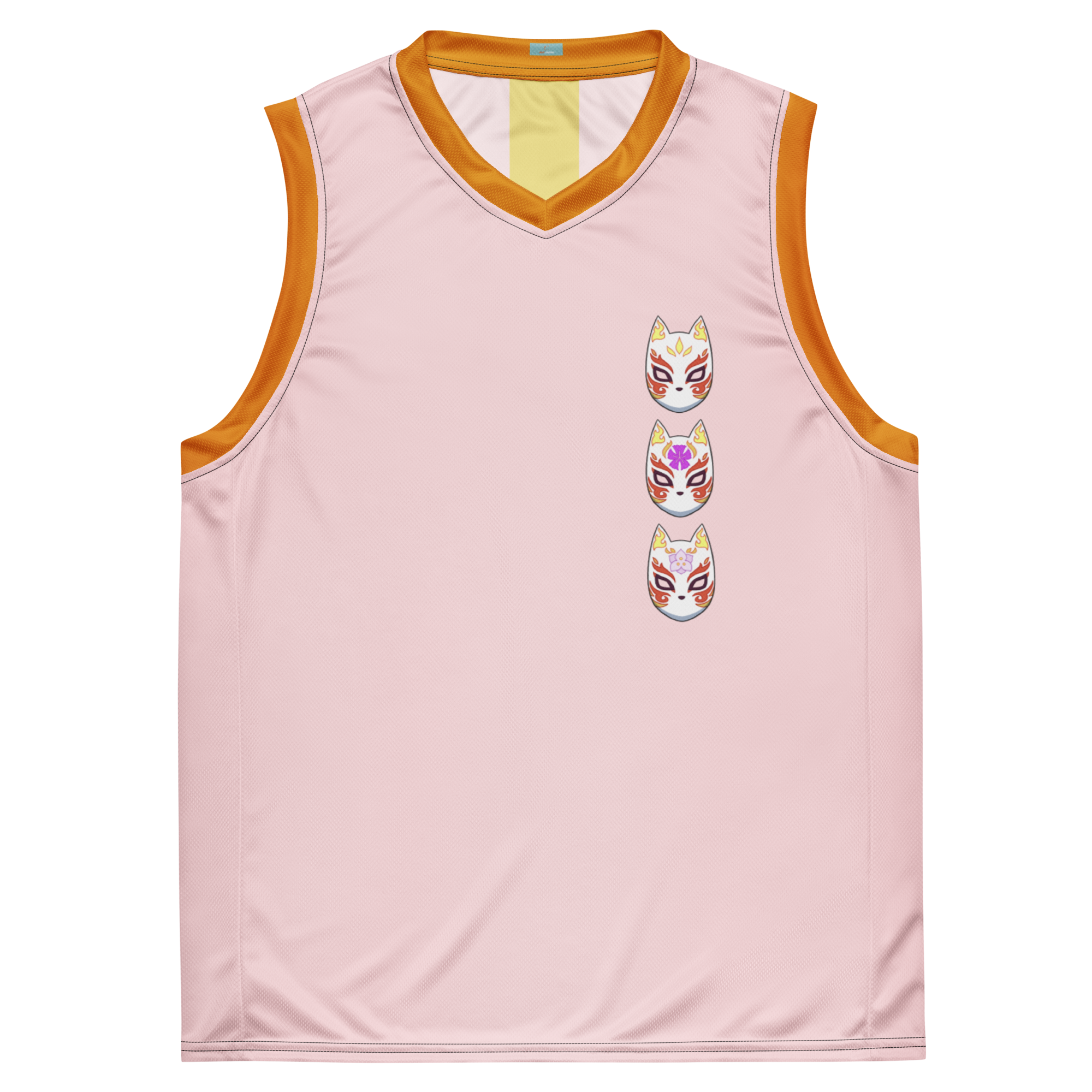

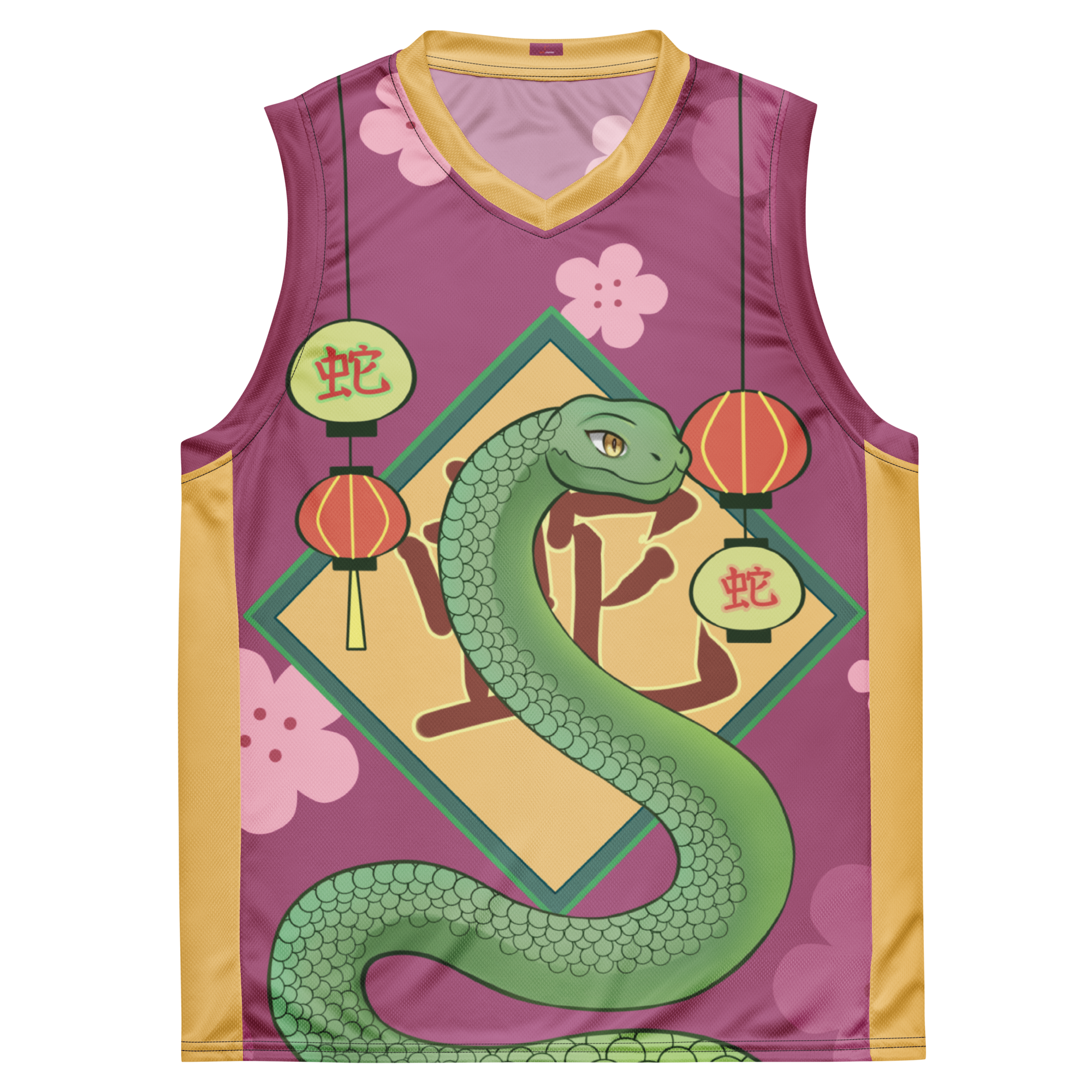
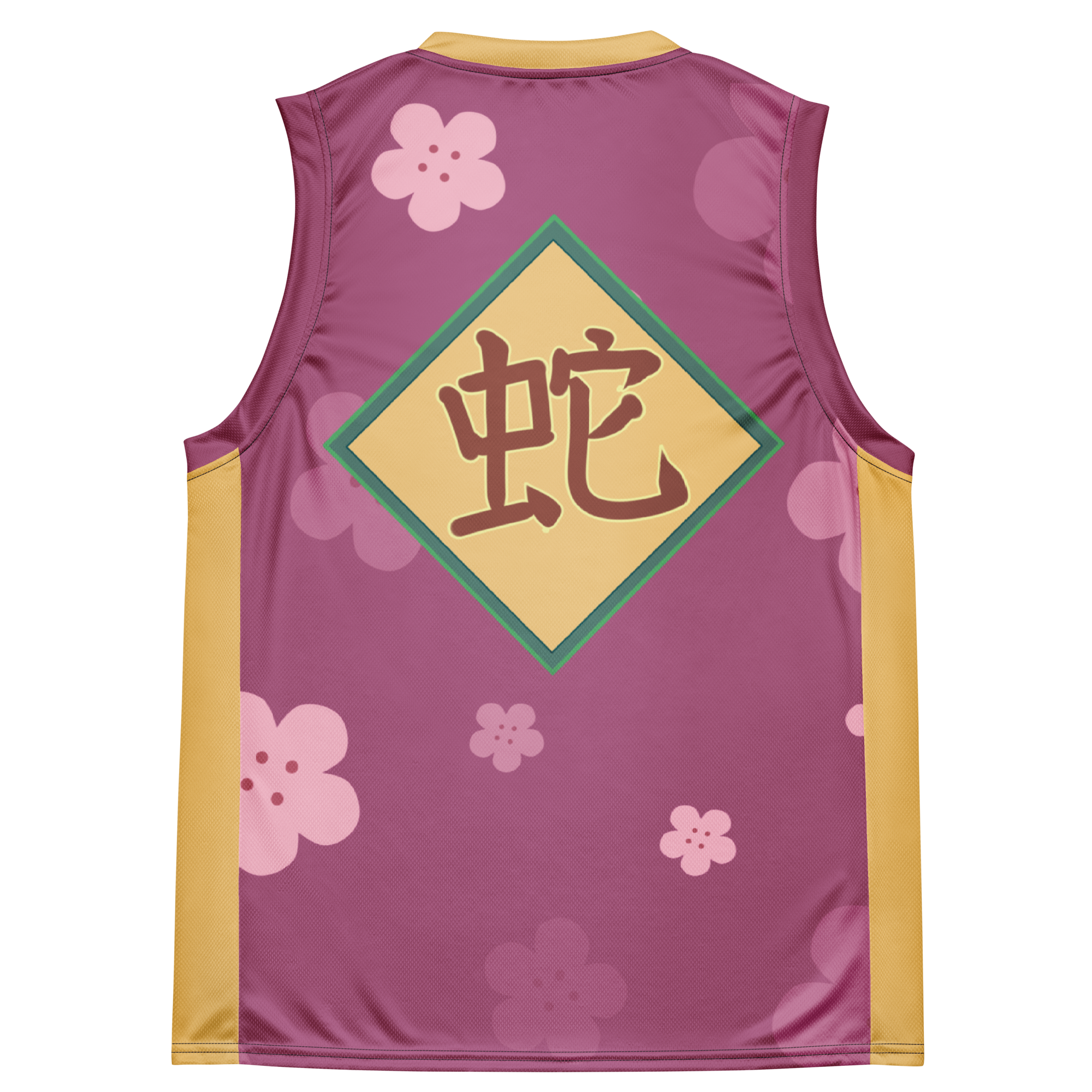

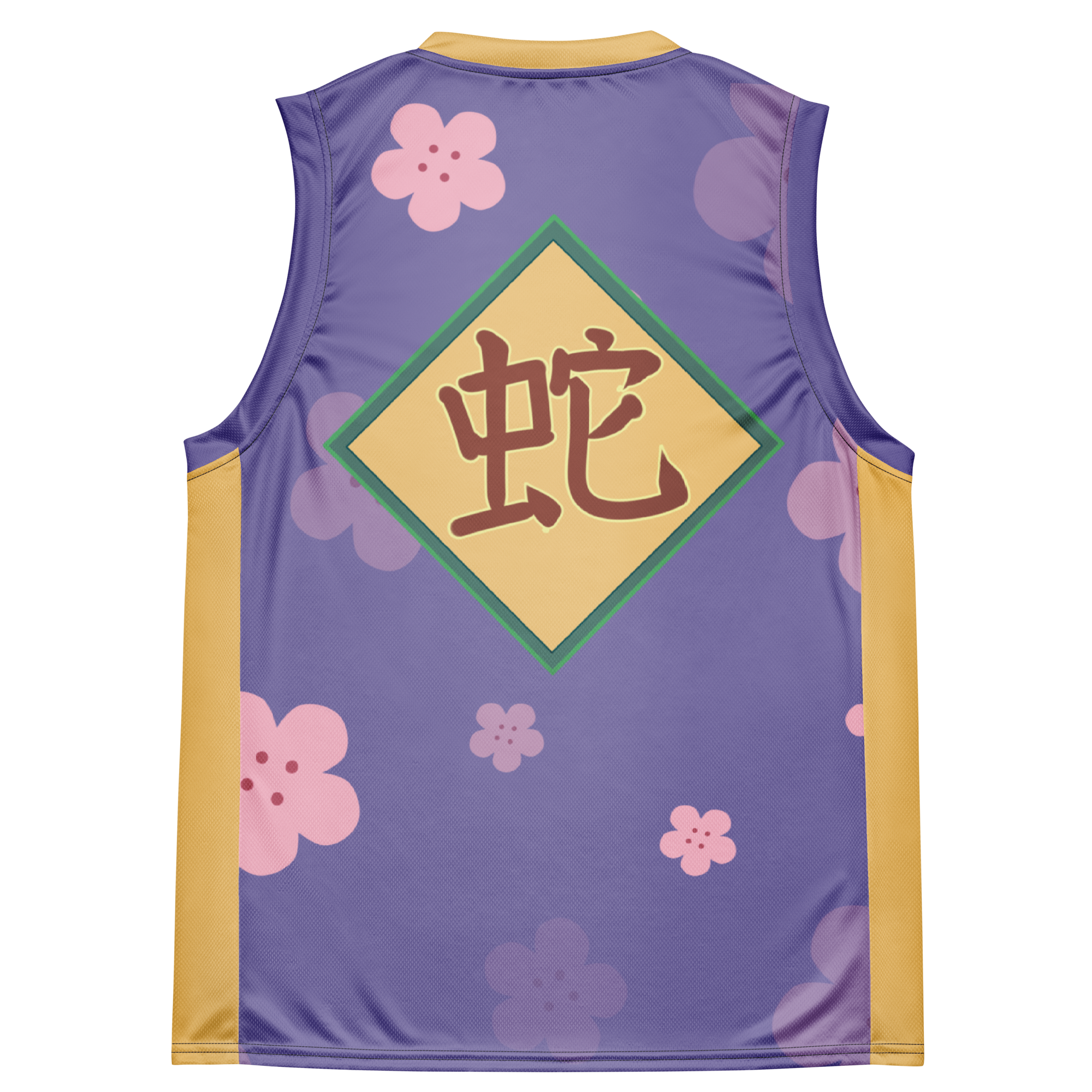

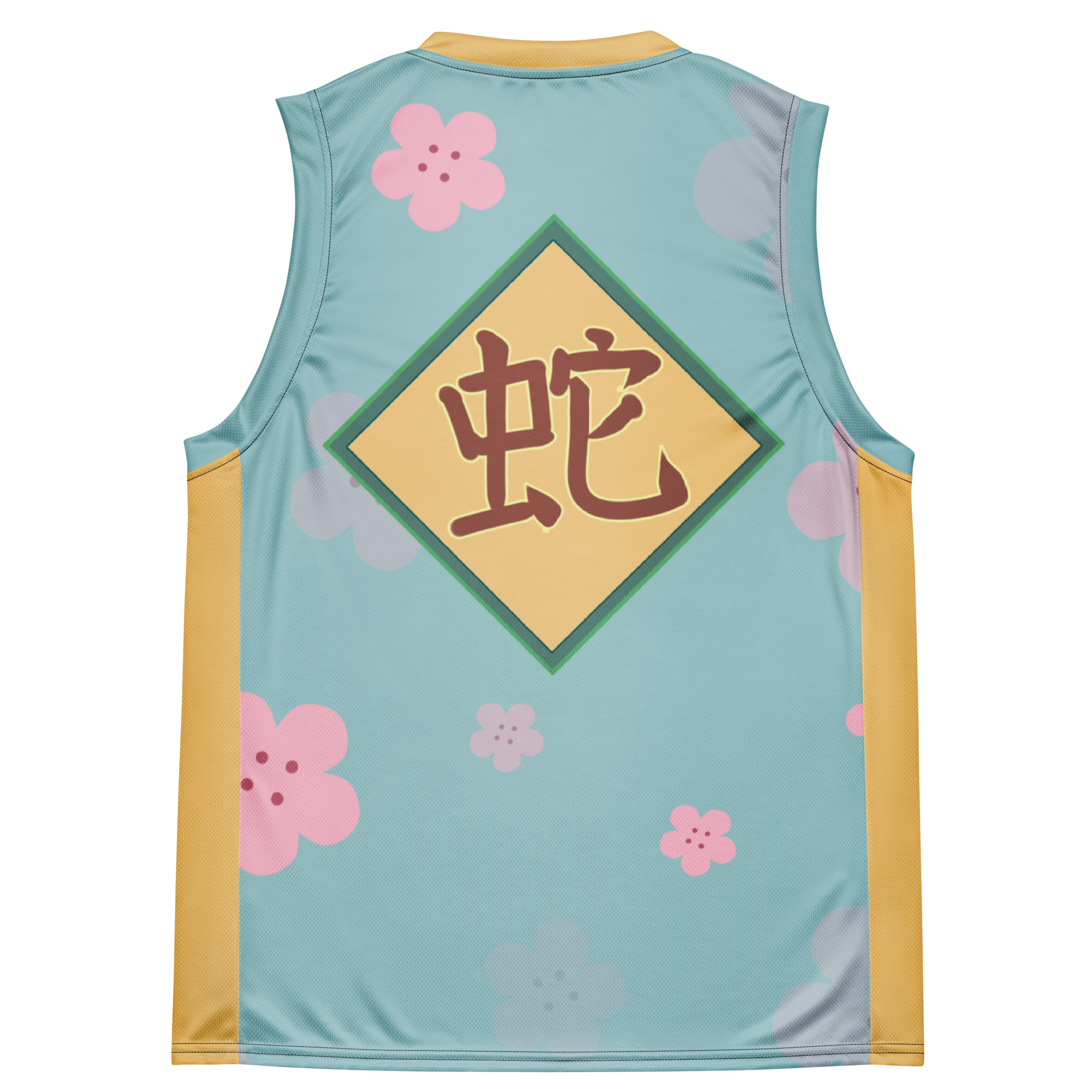
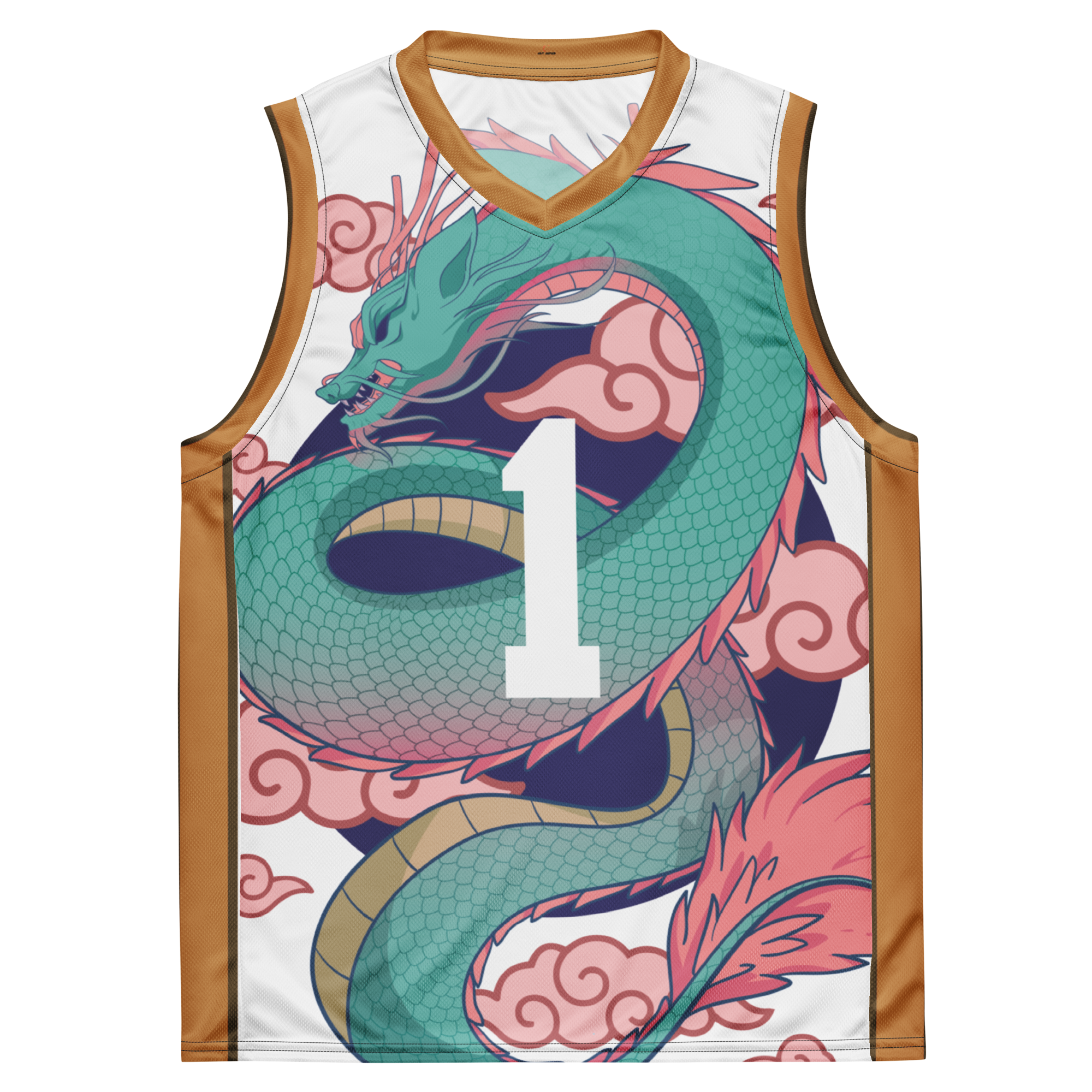
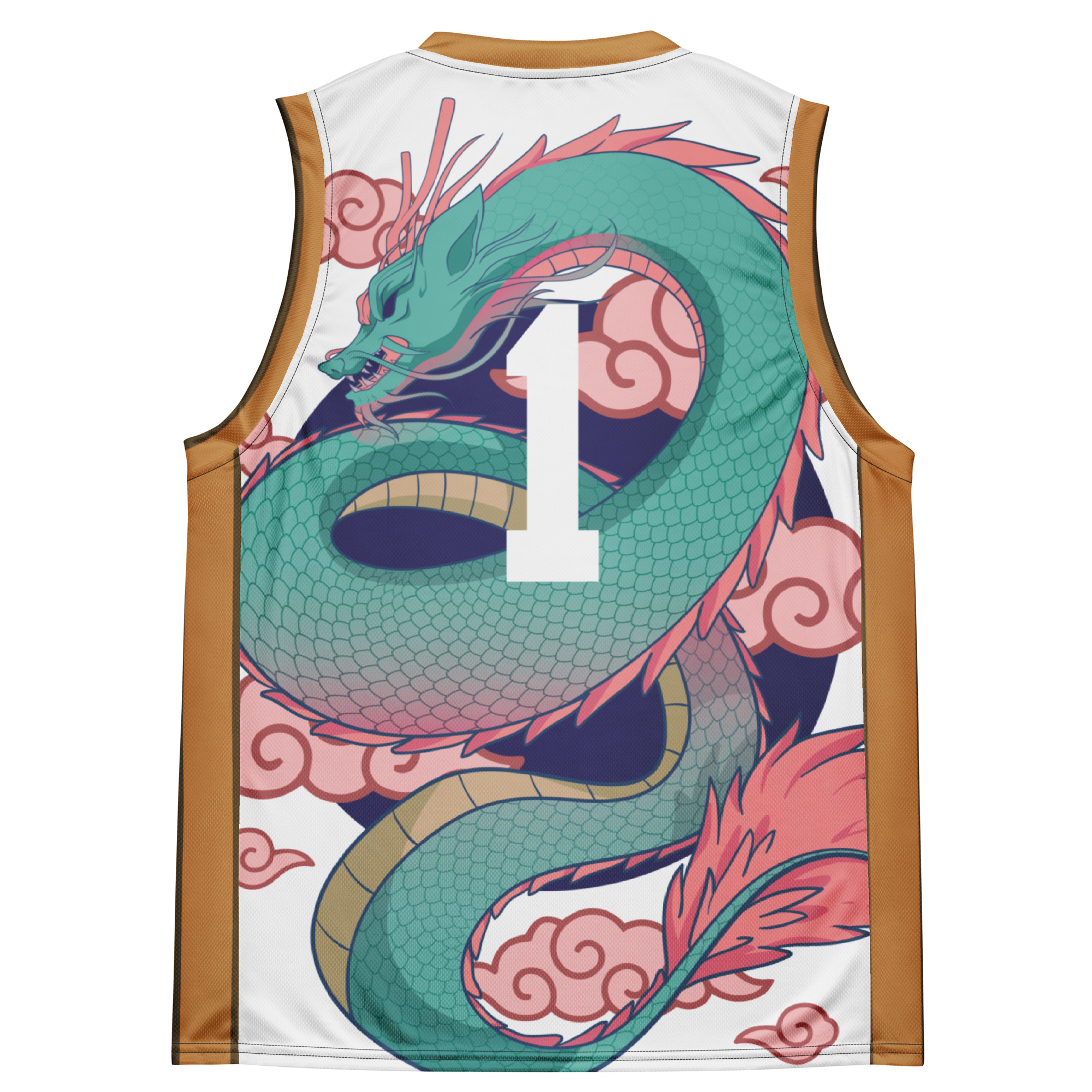
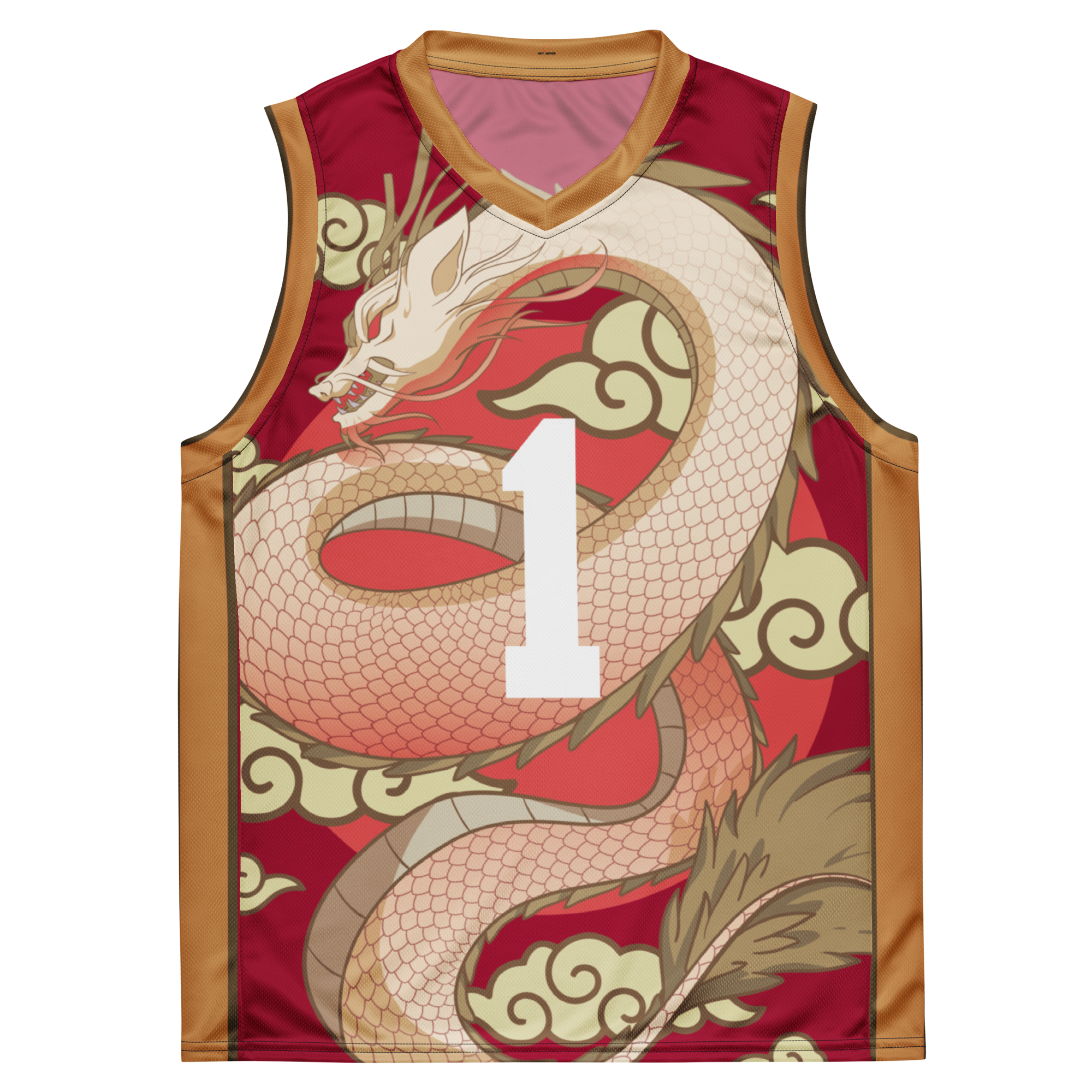
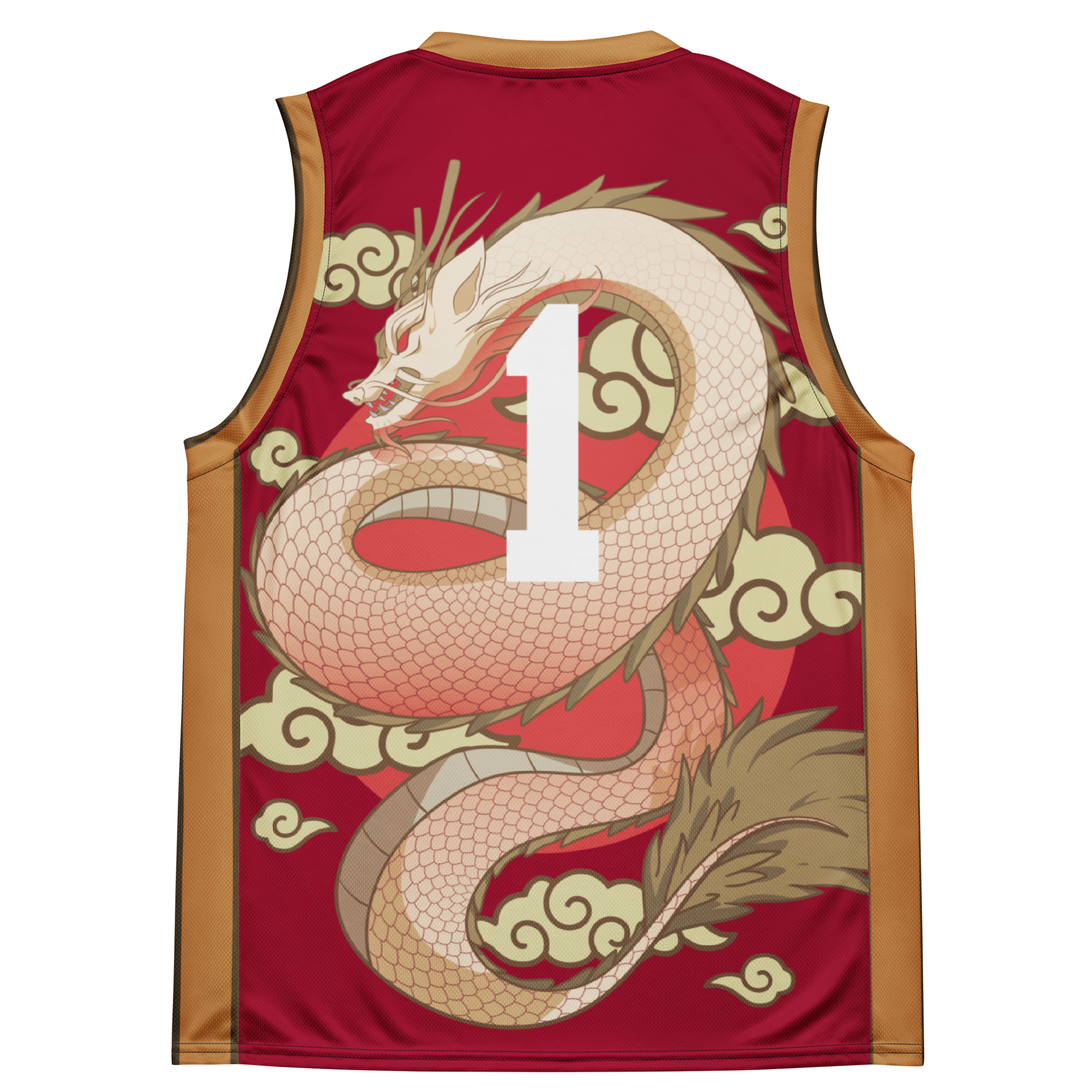
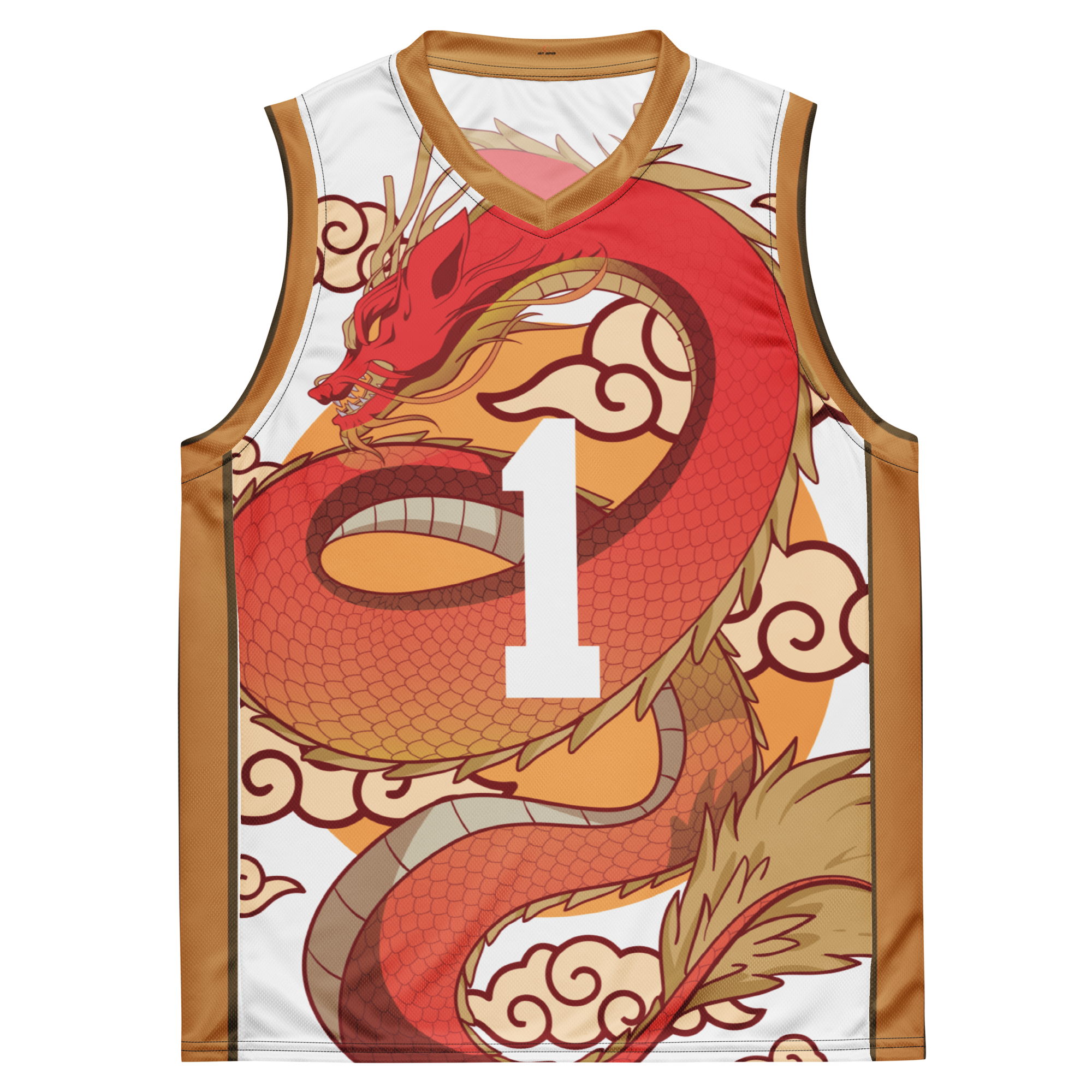
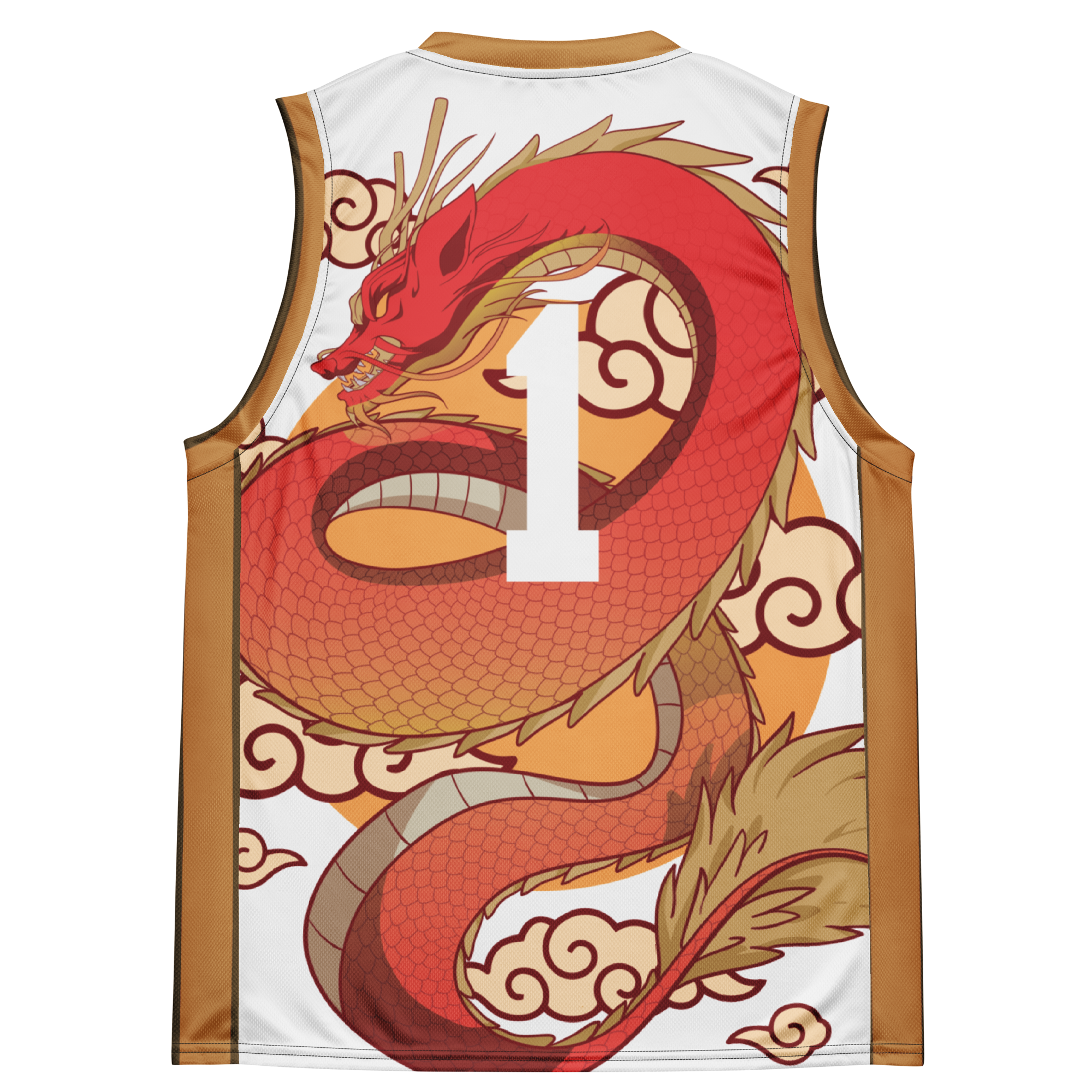







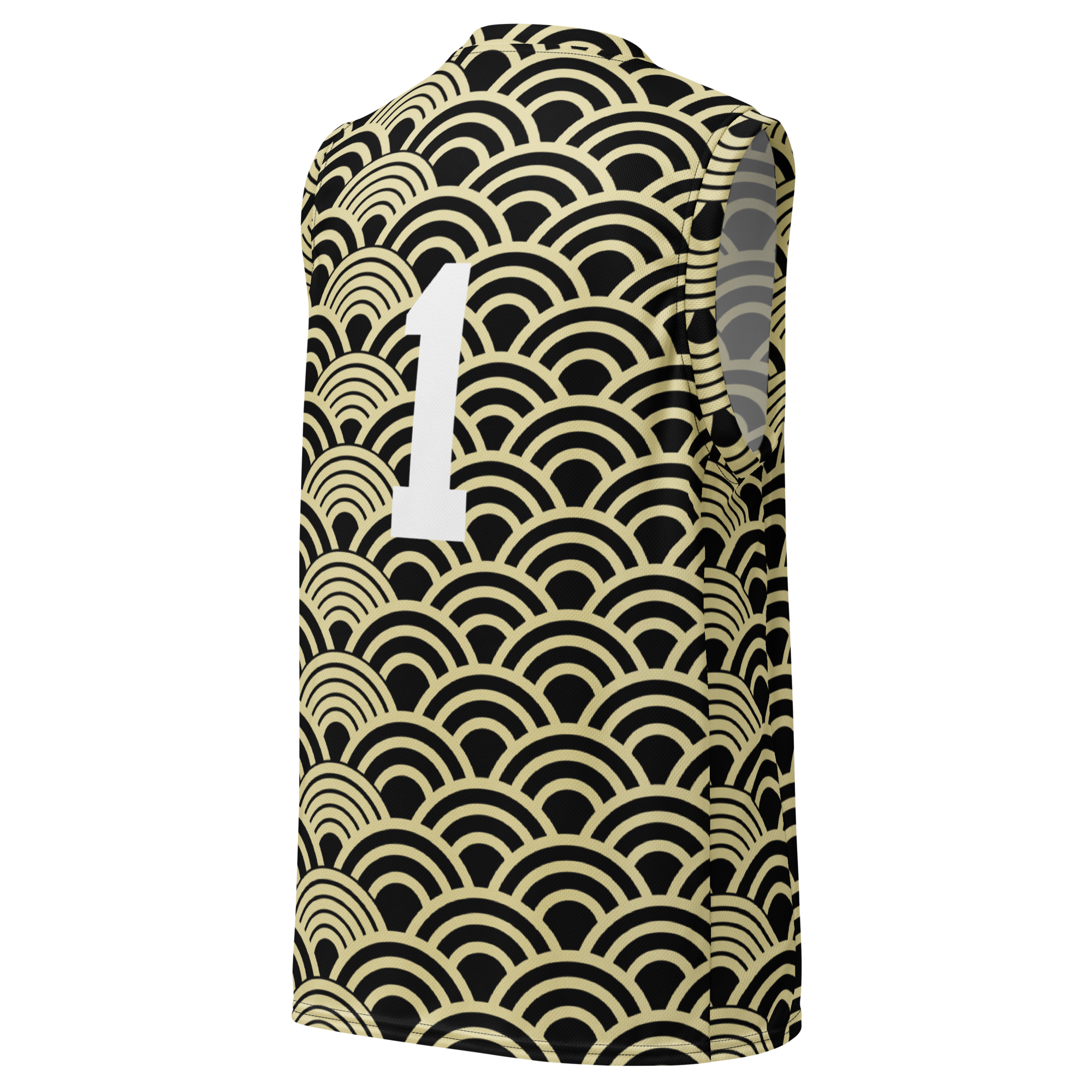
Leave a comment